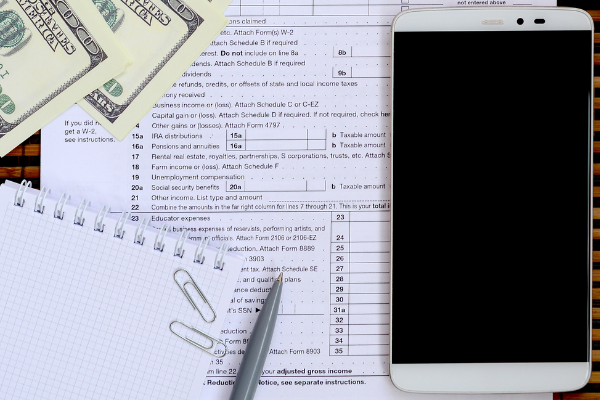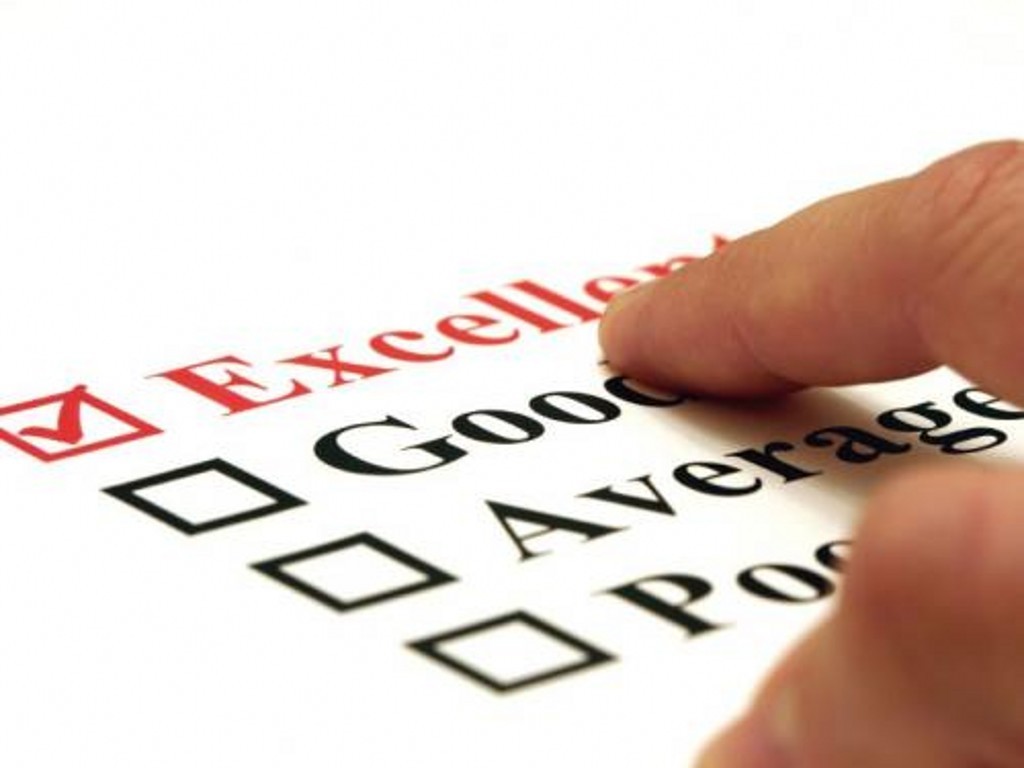Qualifying For A Mortgage Credit Certificate
 Purchasing a house can be expensive, but there are measures in place to make it easier, particularly for people buying a home for the first time. One option is a mortgage credit certificate. What is the certificate, and how does it work?
Purchasing a house can be expensive, but there are measures in place to make it easier, particularly for people buying a home for the first time. One option is a mortgage credit certificate. What is the certificate, and how does it work?
A Mortgage Certificate Is A Tax Credit
A mortgage credit certificate, usually shortened to MCC, is a credit issued to first-time homebuyers by the local or state government. This certificate allows first-time homeowners to claim a federal tax credit for mortgage interest paid on the loan, with a limit of up to $2,000. When someone takes out a mortgage, the majority of the payments go toward interest. This credit certificate allows homeowners to recover some of the interest paid in the form of a tax credit.
Who Qualifies For This Credit?
Not every homeowner will qualify for this certificate. Usually, this is a certificate reserved for low-income people purchasing a home for the first time. Or, these credits are limited to people who purchase a house in a certain area. Usually, these programs are run by the states. Every state has a slightly different income limit for people purchasing a home. Everyone needs to check the local rules and regulations set by their states.
Is The Certificate Different From A Tax Deduction?
Yes, the mortgage credit certificate is different from a tax deduction. A tax credit is directly applied to the amount of money someone owes in taxes. In contrast, a tax deduction is a deduction from someone’s gross taxable income. A tax credit is better for tax purposes than a tax deduction. It is possible for someone to be awarded a mortgage credit certificate and deduct the interest paid on the mortgage from their taxes. Anyone who has questions about how deductions and credits work should work with a tax professional.
Do Not Leave Money On The Table
It is true that purchasing a house for the first time can be a challenge; however, there are financial measures in place to make this process easier. Anyone who is buying a home for the first time should take a look at the state qualifications for the mortgage credit certificate program. This could help people save money on their taxes.

 Whether you’re about to close on a lovely new house for your growing family or a stylish beachfront condo so you can retire close to the ocean, one thing is certain: you’re going to face a variety of closing costs. Insurance, taxes, financing fees, title fees, attorney fees and other costs will need to be paid, and if you’re a savvy buyer you’ll do everything you can to save on them.
Whether you’re about to close on a lovely new house for your growing family or a stylish beachfront condo so you can retire close to the ocean, one thing is certain: you’re going to face a variety of closing costs. Insurance, taxes, financing fees, title fees, attorney fees and other costs will need to be paid, and if you’re a savvy buyer you’ll do everything you can to save on them. There are many people who are interested in purchasing a home for the first time. Even though many first-time homeowners are interested in the sticker price of a home, it is just as important to consider credit scores. Anyone who requires financing to purchase a home will have to go through a credit check. What credit score is considered high enough for a home loan? What do people have to do if they want to increase their credit scores?
There are many people who are interested in purchasing a home for the first time. Even though many first-time homeowners are interested in the sticker price of a home, it is just as important to consider credit scores. Anyone who requires financing to purchase a home will have to go through a credit check. What credit score is considered high enough for a home loan? What do people have to do if they want to increase their credit scores?